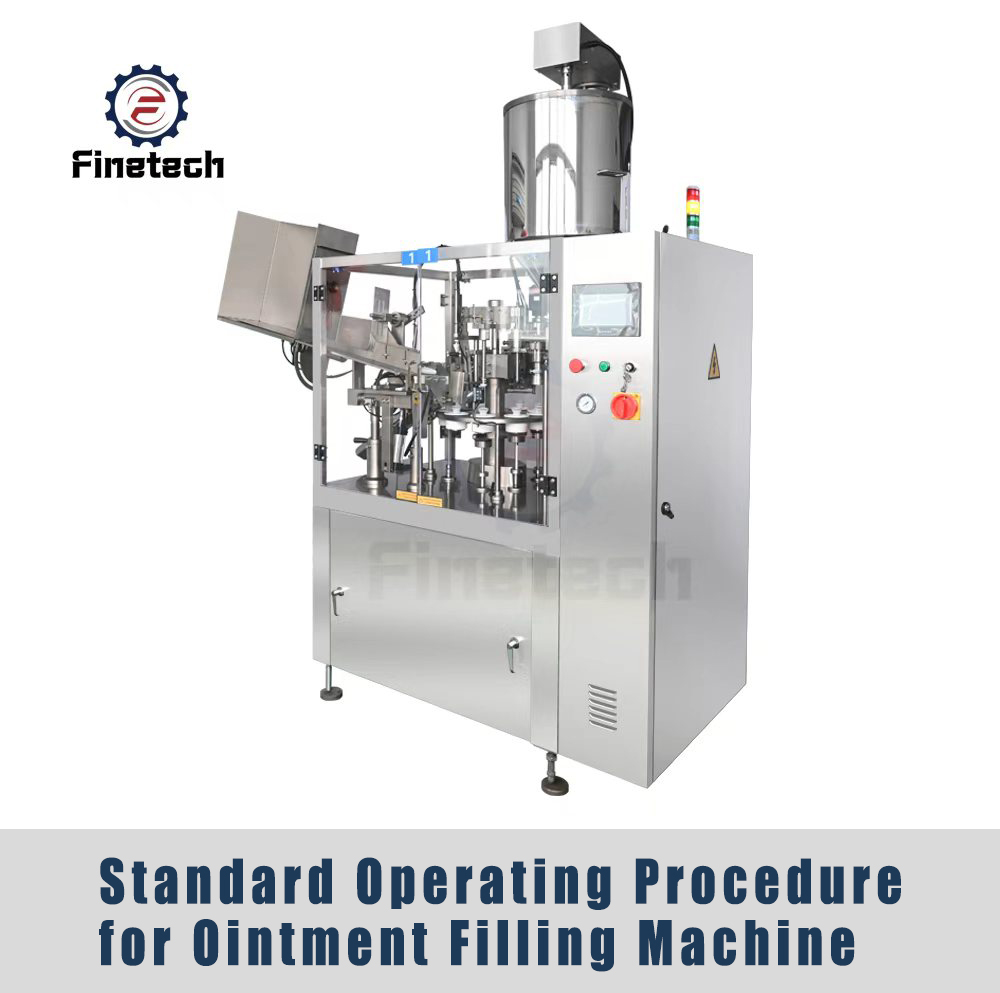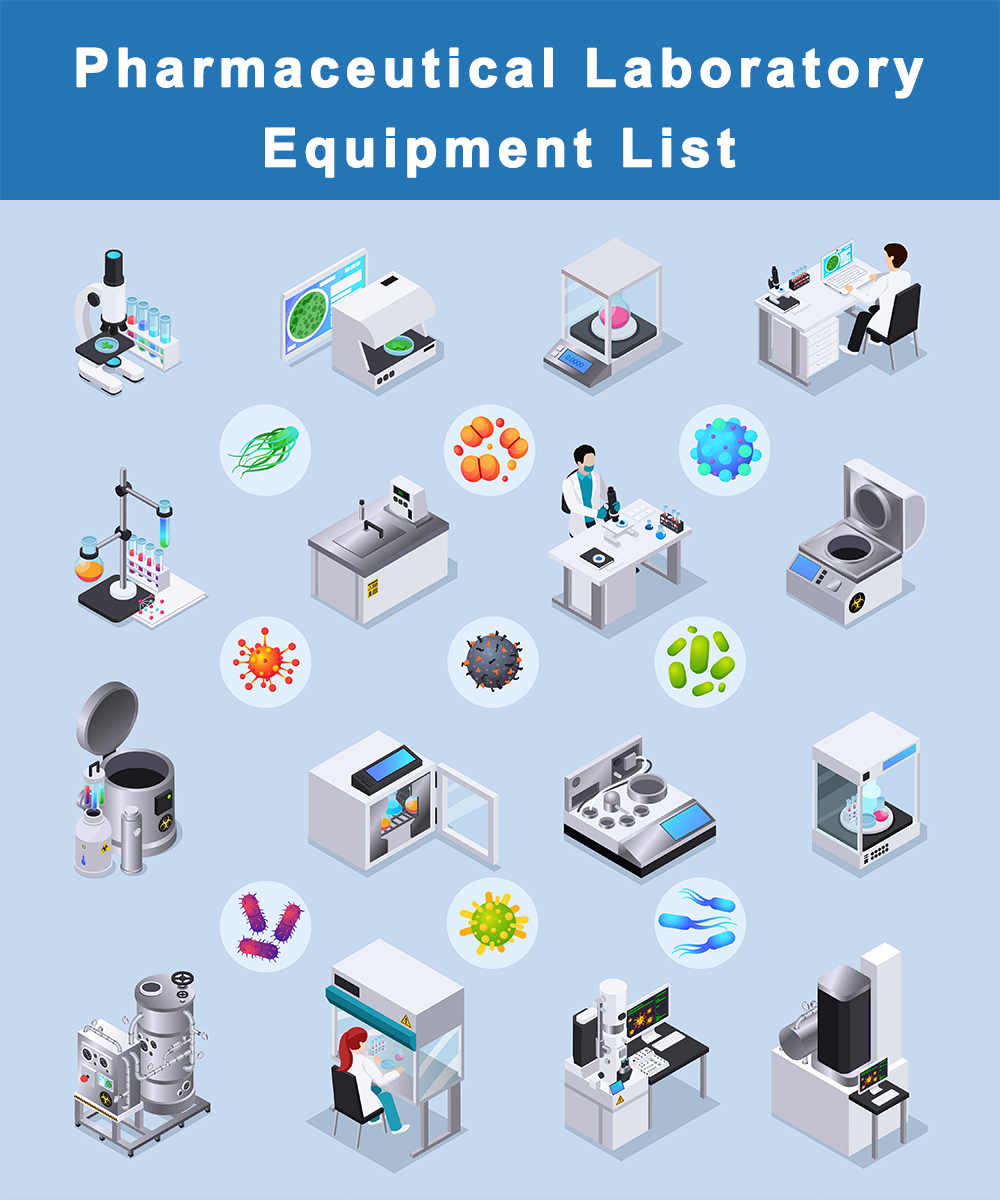Making medicine is serious business. Companies that create drugs must follow very strict rules. These rules keep patients safe. Special certificates prove that companies follow these rules correctly. Let’s look at the different certificates that drug companies need to operate safely and legally.
Good Manufacturing Practice (GMP) Certificates
GMP certificates are the most important ones in the drug industry. They prove that companies make medicines the right way. Every step of making medicine must be perfect. GMP rules tell companies exactly what to do. They must keep everything super clean. Workers need proper training. All equipment must work perfectly. Companies must write down every single thing they do.

Government inspectors visit factories regularly. They check if companies really follow all the rules. If a company fails inspection, it cannot sell medicines anymore. This is why GMP certificates matter so much. All medicine makers around the world need GMP certificates. Without them, no company can legally sell drugs to patients.
ISO Quality Certificates
ISO certificates help drug companies work better. There are several different types that pharmaceutical companies often get.

ISO 9001 helps companies make better products. It teaches them how to manage quality in everything they do. Companies with this certificate usually make fewer mistakes.
ISO 14001 is about protecting the environment. It shows that companies care about not polluting the air or water. Many customers prefer buying from green companies.
ISO 45001 keeps workers safe at their jobs. It prevents accidents and injuries in factories. Happy, healthy workers make better medicines.
Many big pharmaceutical companies collect several ISO certificates. Each one helps them improve different parts of their business.
Laboratory Testing Certificates (GLP)
Research labs that test new medicines need special certificates too. These are called Good Laboratory Practice or GLP certificates. Labs must test new drugs very carefully before doctors can give them to patients. GLP rules make sure these tests give correct results. Wrong test results could be very dangerous.

These certificates cover many things. Lab equipment must work perfectly. Workers need special training. All test results must be written down properly. Nothing can be forgotten or ignored. Government agencies require GLP certificates before approving new medicines. This extra step helps protect patients from unsafe drugs.
FDA Approval Certificates
The FDA controls medicine safety in America. Any company wanting to sell drugs in the United States must get FDA certificates. First, companies must register all their factories with the FDA. This tells the government where medicines are being made. FDA inspectors then visit these places regularly.

The FDA also keeps detailed files about how companies make their medicines. These files help speed up approvals for new drugs. Companies must update these files whenever they change anything important. Getting FDA approval takes a long time and costs lots of money. However, it proves that medicines are safe for American patients.
European Medicine Certificates (EMA)
Europe has its own system for approving medicines. The European Medicines Agency works with each country to keep patients safe. Companies need marketing authorization to sell medicines in Europe. This proves their drugs work well and are safe to use. Getting this approval can take several years.

European GMP certificates are also very important. They show that factories in Europe meet the same high standards as anywhere else in the world.
Clinical Trial Certificates
Before new medicines reach patients, they must be tested on volunteers. These tests are called clinical trials. Special certificates make sure these trials are done safely. Good Clinical Practice certificates protect people who volunteer for drug tests. These rules are very strict because volunteer safety is extremely important.
Review boards also give certificates for clinical trials. These groups include doctors and regular citizens. They carefully study each proposed trial before giving permission.
Country-Specific Certificates
Different countries around the world have their own rules for medicines. Companies must get separate certificates for each country where they want to sell drugs. Canada has Health Canada certificates. Australia uses TGA certificates. Japan has PMDA approval. China requires NMPA certificates.
This means that one medicine might need dozens of different certificates to be sold worldwide. Each country wants to make sure medicines are safe for their own people.
Why So Many Certificates Matter
All these certificates might seem like too much paperwork. However, they serve a very important purpose. Every certificate helps protect patients from dangerous medicines. Making safe medicines takes a very long time because of all these requirements. Companies spend years getting all the right certificates. This careful process helps ensure that patients get medicines that actually work and won’t hurt them.
These certificates also help patients trust their medicines. When people know that drugs have been carefully tested and approved, they feel more confident about taking them. The pharmaceutical industry will always need many different types of certificates. Patient safety must always come first.





1 thought on “Key Global Certifications For Pharmaceutical Industry Manufacturers”
Can you be more specific about the content of your article? great article